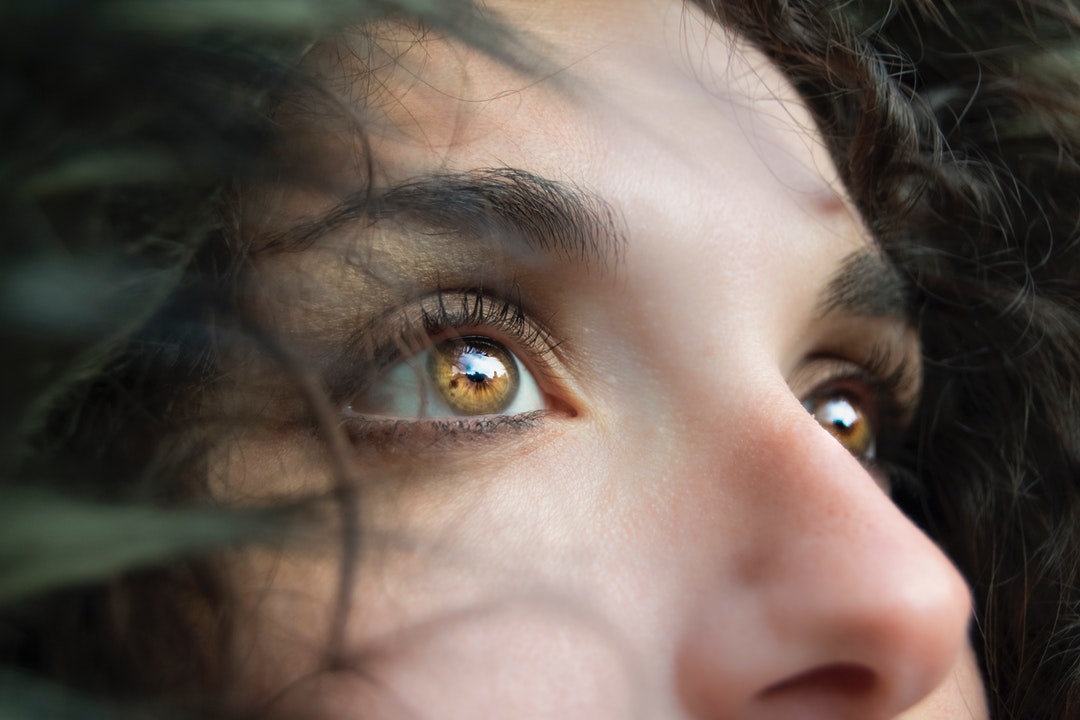
It’s estimated that around 12 million people 40 years and older in the U.S. deal with vision impairment. Even though eyesight and eye health tend to degenerate as a person ages, people of all ages can experience eye-related issues.
Because of all the issues that can arise with your eyes and vision, it’s up to you to learn a few eye care tips.
If you have been wondering how to keep your eyes healthy, you are in the right place. Implement the tips here to see a huge difference and improvement in your overall eye health.
1. Eat a Healthy Diet
Your eye health is dependent on the food you eat. Some nutrients can help prevent age-related vision issues, such as cataracts and macular degeneration.
Nutrients that can do this effectively include vitamins E and C, zinc, lutein, and omega-3 fatty acids. Some of the foods that will help you get these nutrients include nonmeat protein sources, oily fish, and green leafy vegetables.
Eating a well-balanced diet will also help your weight. It will reduce your odds of obesity and other related diseases, such as type 2 diabetes, which is a top cause of adult blindness.
2. Stop Smoking
Smoking increases the likelihood of developing cataracts, macular degeneration, optic nerve damage, and many other medical issues.
If you had tried to stop before but started again, keep trying.
Not only is smoking bad for your eye health but your overall health too.
The more times you attempt to quit this bad habit, the more likely you will succeed. If necessary, ask your doctor for assistance.
3. Protect Your Eyes in the Sun
Wearing the right sunglasses can help protect your eyes from the sun’s dangerous UV (ultraviolet) rays. Excess UV exposure will increase the likelihood of developing macular degeneration and cataracts.
When shopping for sunglasses, choose a pair with premium lenses that block 99% to 100% UVA and UVB rays.
Some great features to look for include wraparound lenses to provide and polarized lenses that help reduce glare while you drive.
If you use contact lenses, some provide UV protection. While this is true, it’s still smart to wear sunglasses to provide an additional layer of protection.
4. Always Wear Protective Eyewear
When it comes to caring for your eyes, you must consider all the potential issues that may arise.
If you use materials that could become airborne at home or work, be sure to wear protective goggles or safety glasses.
Sports such as lacrosse, racquetball, and hockey can cause serious eye injuries. Be sure to wear the proper eye protection to prevent these issues.
It is wise to use helmets that have protective face masks and sports goggles made with polycarbonate lenses. These will effectively shield and protect your eyes from potential damage.
5. Take Breaks When Using a Computer
If you are staring at a phone or computer screen for too long, it can cause the following issues:
- Shoulder, back, and neck pain
- Eyestrain
- Headaches
- Blurry vision
- Dry eyes
- Trouble focusing at a distance
- Blurry vision
There are a few steps you can take to effectively protect your eyes. These include the following:
- Ensure your contacts or glasses prescription is up to date
- Ask your eye doctor about glasses or contacts that will help protect your eyes when using a computer
- Consider computer glasses to reduce eye strain
- Move the screen, so your eyes and the top of the monitor are levels
- Avoid working where there is glare from lights or windows
- Use a supportive and comfortable floor
- Work with your feet flat on the floor
- Take frequent breaks
- Blink often or use artificial tears
As you can see, there are several things you can do to help reduce eye strain while using a computer. Its a good idea to combine these tips for the best results.
6. Schedule Regular Check-Ups with Your Eye Doctor
You should schedule regular eye exams with your eye doctor. Everyone needs these, even young children.
Ongoing and regular eye exams will help protect your sight and ensure you can see at your very best. Additionally, your doctor can find damaging diseases like glaucoma during an eye exam. Many eye diseases dont have obvious symptoms and are only found during certain testing.
There are several types of eye doctors that you can see. The one that is right for you depends on your eye care needs.
Eye doctor options include the following:
Ophthalmologists
This is a medical doctor who specializes in providing eye care. They offer general eye care and check-ups, treatment for various eye diseases, and handle eye surgery.
Optometrists
An optometrist is an eye doctor who has completed four years of specialized training after graduating from college.
This eye doctor provides general eye care services and can diagnose and treat most eye diseases. However, they do not offer eye surgery.
Now You Know How to Keep Your Eyes Healthy
If you have been wondering how to keep your eyes healthy, you should know now.
The information above provides a good overview of what you need to do to prevent serious eye issues and keep your vision good.
Be sure to talk to your eye doctor about any vision changes or eye-related problems when they occur to avoid more serious problems.
Do you need to schedule an appointment or ask a question? If so, be sure to contact us.
We offer several convenient locations in Texas to help you get the quality eye care services you need.
